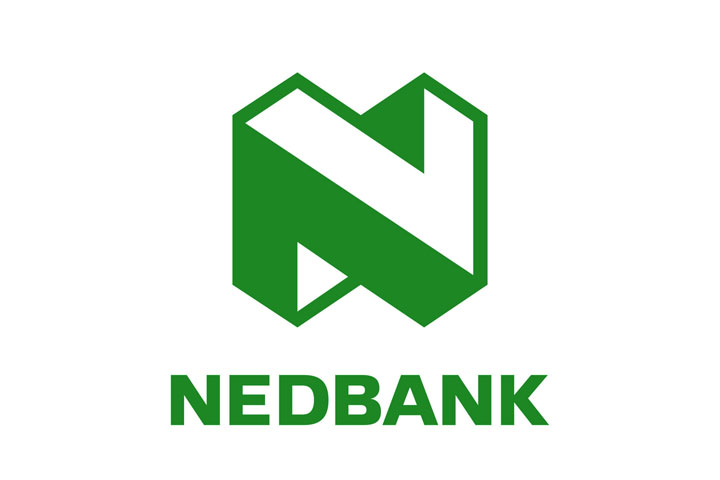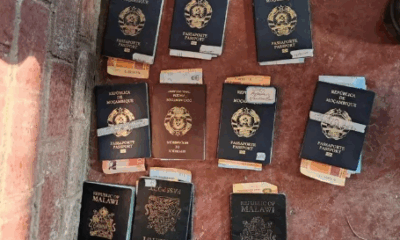News
Nedbank Joins Home Affairs’ Digital Drive: Easier Passports and Smart IDs on the Horizon

Nedbank Joins The Digital Identity Revolution
For South Africans tired of queuing at Home Affairs, there’s welcome news. Nedbank has officially joined the Department of Home Affairs’ (DHA) growing digital programme, allowing clients to apply for Smart ID cards and passports directly at selected branches.
This makes Nedbank the seventh bank to sign on, joining Absa, African Bank, Capitec, Discovery Bank, FNB and Standard Bank.
The move comes as Home Affairs ramps up its nationwide expansion drive, with an ambitious goal: partner with 100 banks by the end of 2025, and grow services to 1 000 branches by 2029. Currently, only about 30 branches across the country provide this option – meaning access is still limited.
From Pilot Project To A National Network
Until now, the system was operating under a limited pilot project. Banks that offered Smart ID and passport applications were hosting small DHA satellite offices, which often came with delays and patchy integration.
The new system is different. Banks will now be directly linked to Home Affairs’ upgraded live capture system. This promises faster applications, fewer inefficiencies, and better fraud prevention – a long-standing concern linked to the old barcoded green ID book.
“Smart IDs should not be a luxury for urban residents only,” said Home Affairs Minister Leon Schreiber, adding that expanding services to rural areas is a top priority.
Nedbank’s Role And What Comes Next
While Nedbank hasn’t revealed exact rollout numbers, the bank is expected to grow well beyond the six branches that currently host DHA services. Other banks are already pushing ahead: FNB, Standard Bank, and Capitec have set targets that could see over 800 combined branches offering services within a year.
For now, the only major banks not fully on board are Investec – which provides services only at its Sandton headquarters – and TymeBank, which has publicly clashed with Schreiber.
Why It Matters: Goodbye To The Green ID Book
At the heart of this initiative lies a significant shift. Government has announced plans to stop issuing the old green ID by the end of 2025, with a full phase-out by 2029. The book has been linked to widespread fraud across Africa, making the Smart ID a crucial step in securing South Africans’ identities.
By improving digital integration and opening the door for private IT providers, Home Affairs hopes to overcome past hurdles such as the unreliable Online Verification System (OVS), which previously suffered from 50% downtime.
Public Reaction: Relief And Cautious Optimism
On social media, many South Africans have welcomed Nedbank’s participation, with users joking that “the Home Affairs queue might finally move as fast as an ATM line.” Others, however, remain sceptical, pointing out that expanding to rural and township areas – not just city branches – will be the real test of whether this project delivers on its promise.
With Capitec and FNB already committing to underserved areas, there’s hope that Nedbank will follow suit. For now, the message from government is clear: if South Africa is to leave the green ID book behind, banks will play a pivotal role in shaping how quickly and fairly that future arrives.
Source:The South African
Follow Joburg ETC on Facebook, Twitter , TikTok and Instagram
For more News in Johannesburg, visit joburgetc.com



























